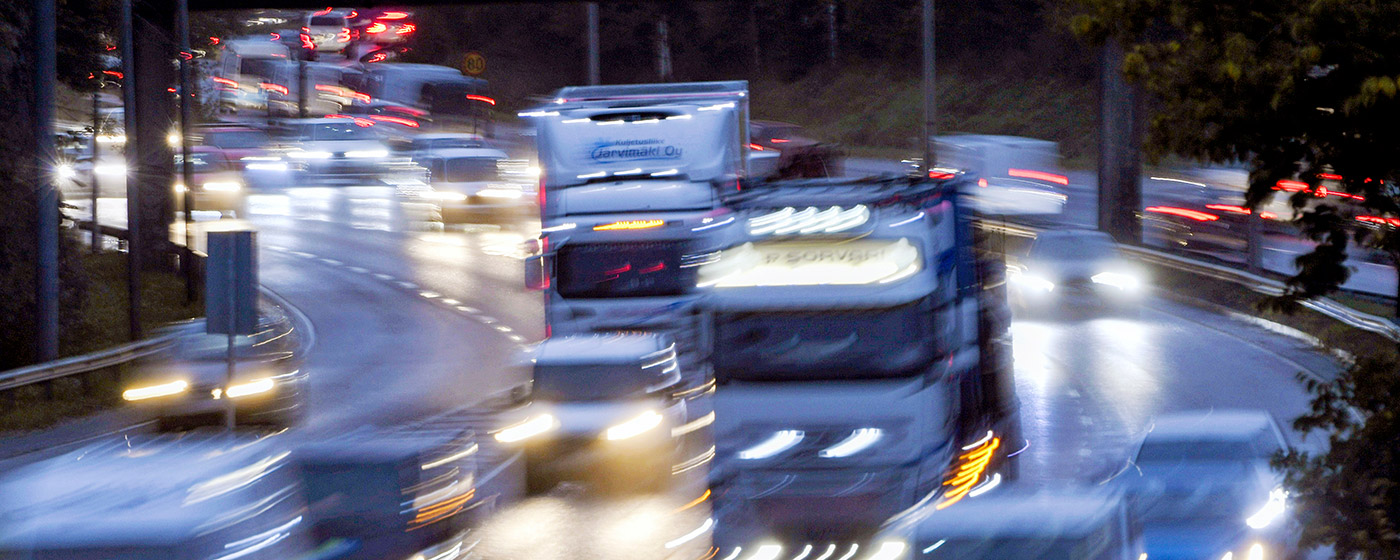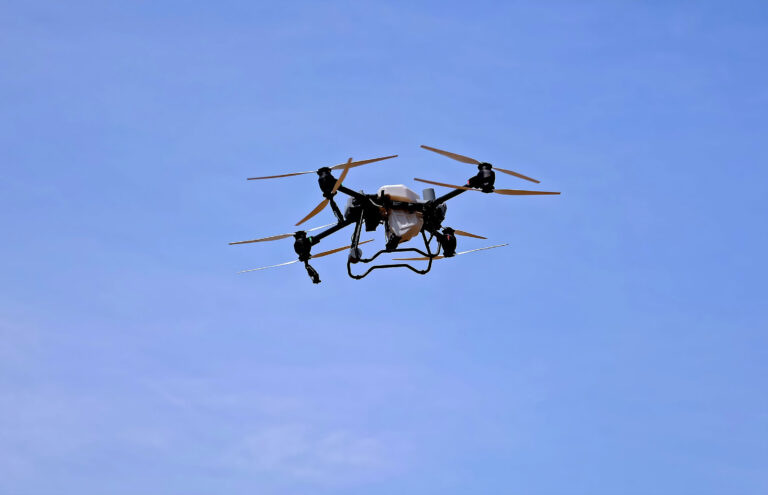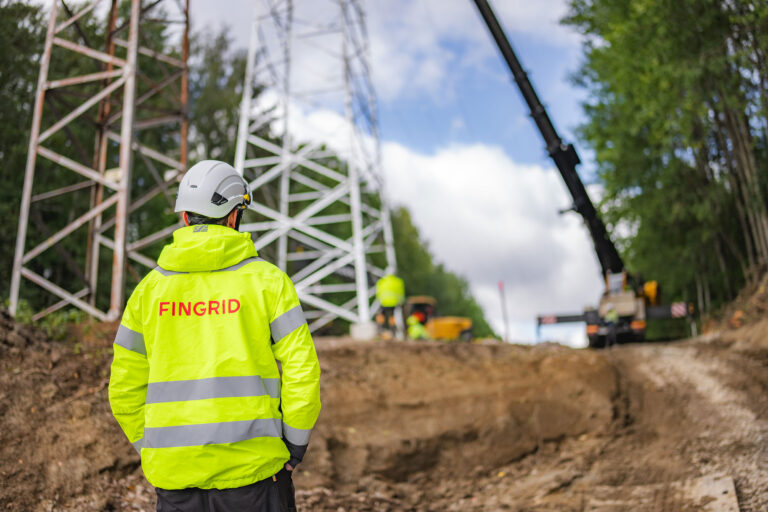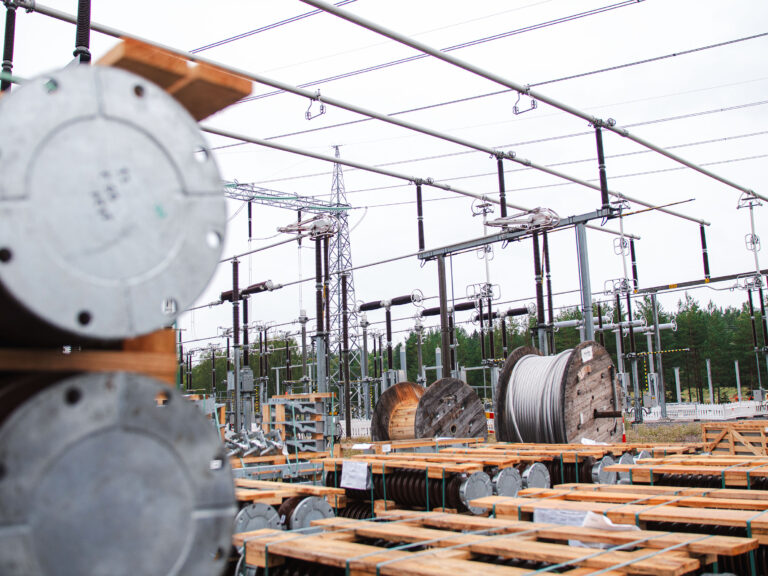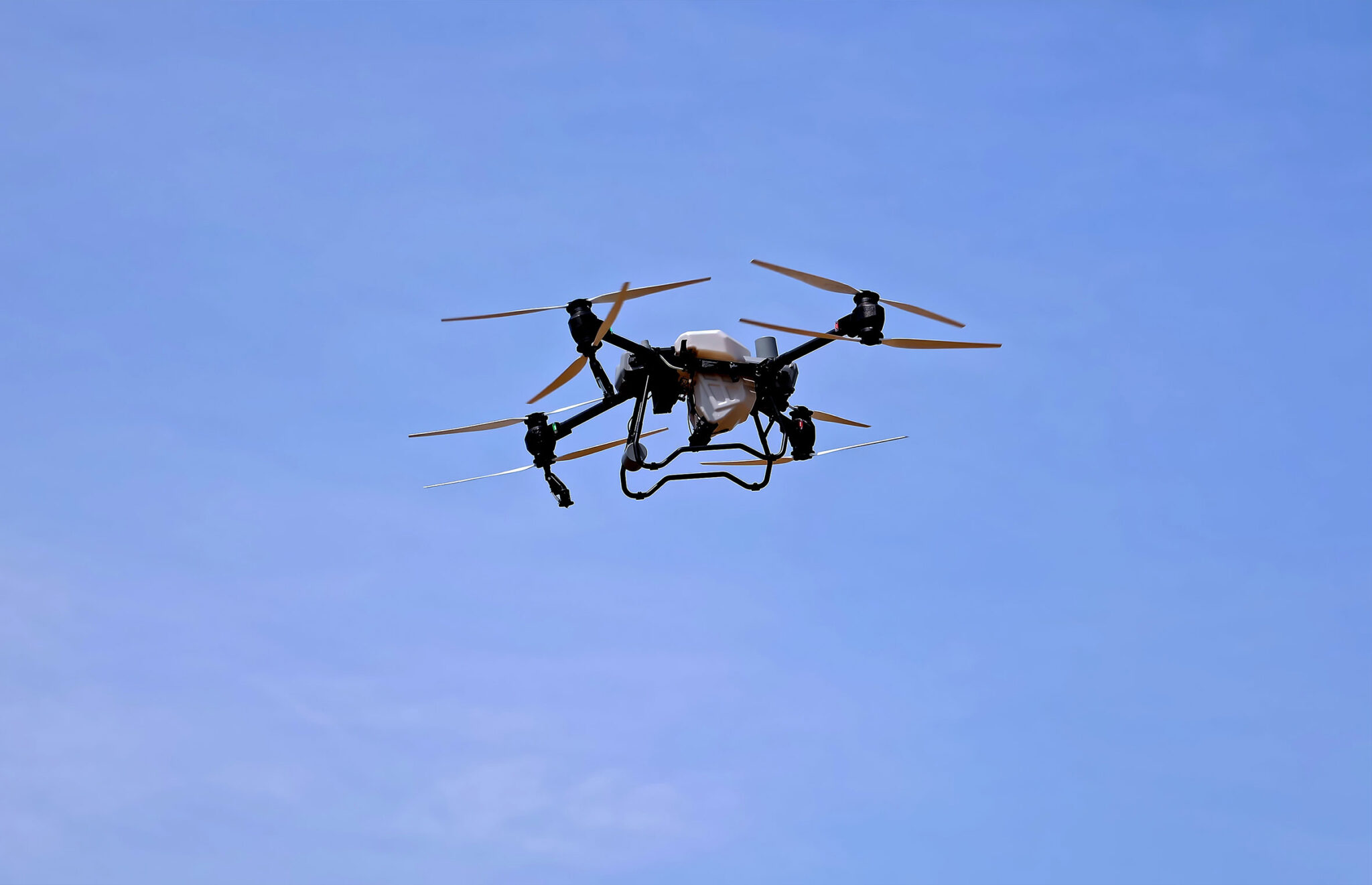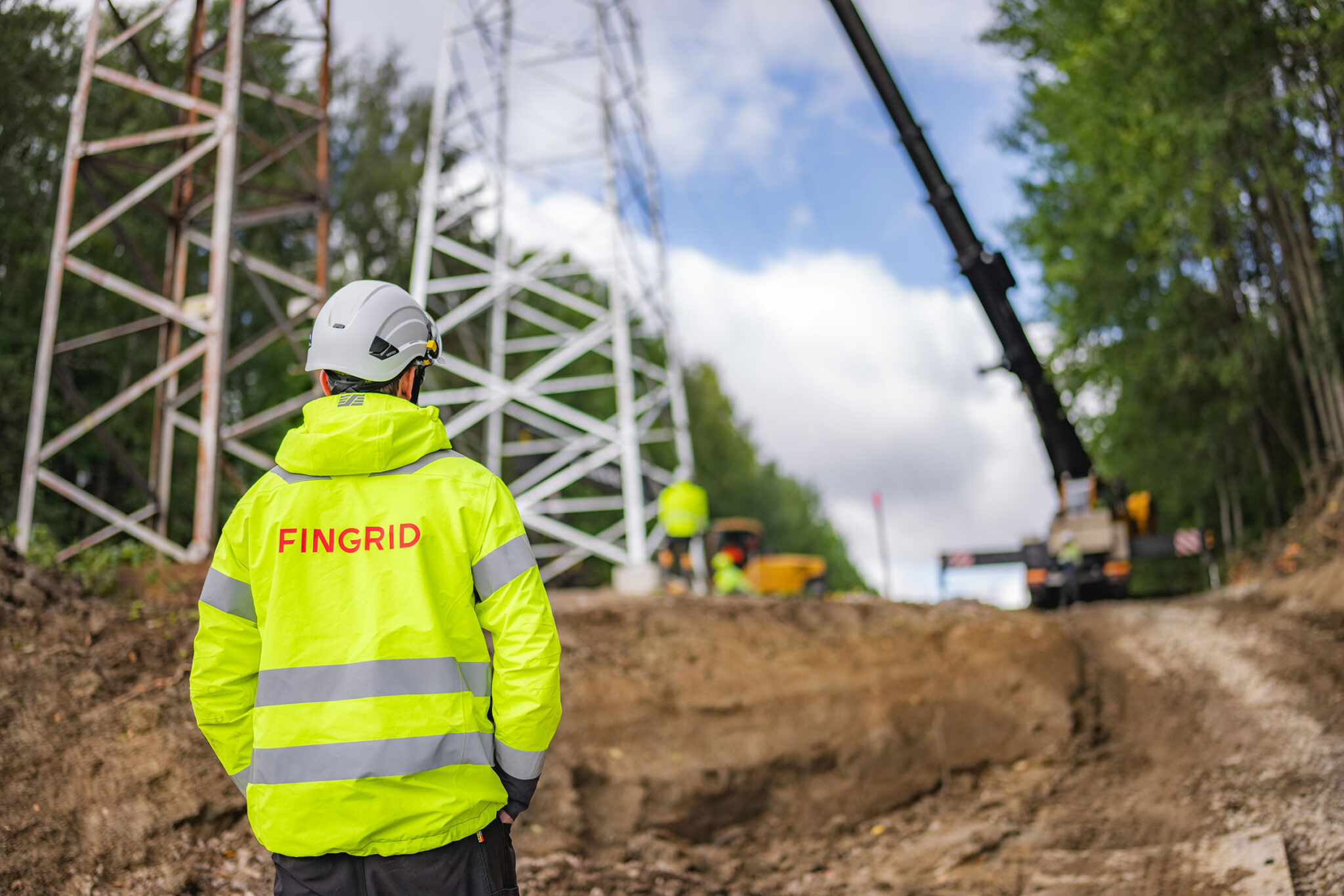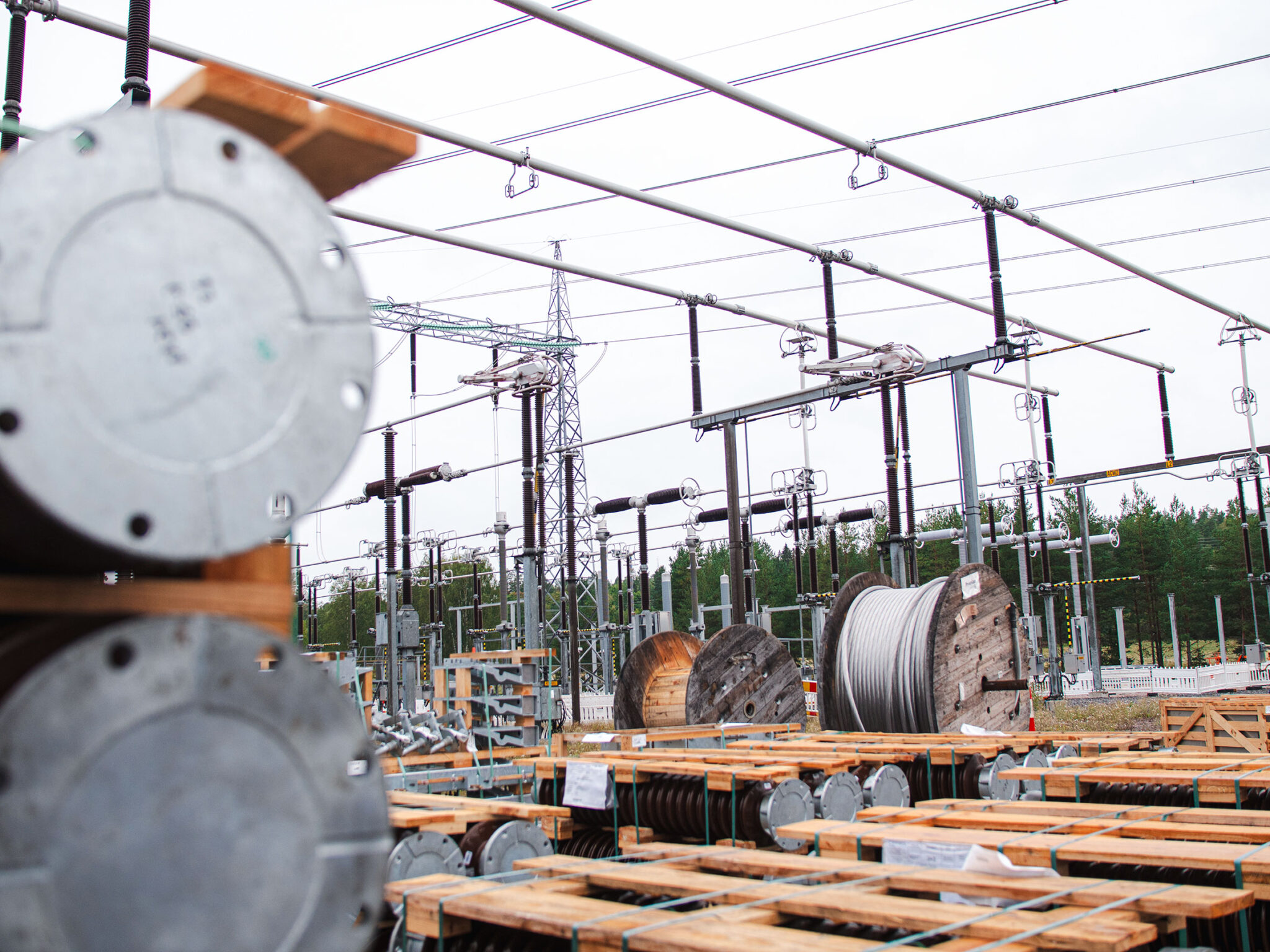Did you know that pollination services are intrinsically linked to two-thirds of our food production?
“In many parts of China, apple trees are already being pollinated manually. We can only wonder how much a kilogram of Finnish apples would cost if we ended up in that position. Or the impact of the disappearance of pollinating organisms on the Finnish forest industry,” says Riku Lumiaro, Expert in Biodiversity and Communications.

The key method of safeguarding biodiversity is to enhance the efficiency of operations and energy consumption. Renewable energy sources and sustainably-produced raw materials also contribute to this, as well as recycling and reducing food waste.
“For example, Rudus fitted all of its heavy-duty vehicles with a mechanism that automatically prevents idling. Previously, large machines were running eight hours a day,” Lumiaro says.
“Kesko is providing financing for a project to clean up running water, and Fazer is improving the state of the Baltic Sea. Valio’s contract farms graze their animals outdoors. And so on. Trees left in forests, marshes without draining ditches: all of these things make a big difference.”
Transport is a different matter entirely, with electricity, hydrogen, natural gas or, for example, gas from composted manure entering use.
“Carbon dioxide emissions need to be halved by 2035, and there is currently no solution for this in the heavy-duty traffic sector. There are 2.7 million cars in Finland, but only 30,000 of them are currently classified as low-emission vehicles.”
A major change is required, but Lumiaro has faith in Finland’s adaptability.
“By any measure, Finland is among the top ten in the world. I am sure that we will be living good lives here a century from now: a lot has been done and continues to be done.”

